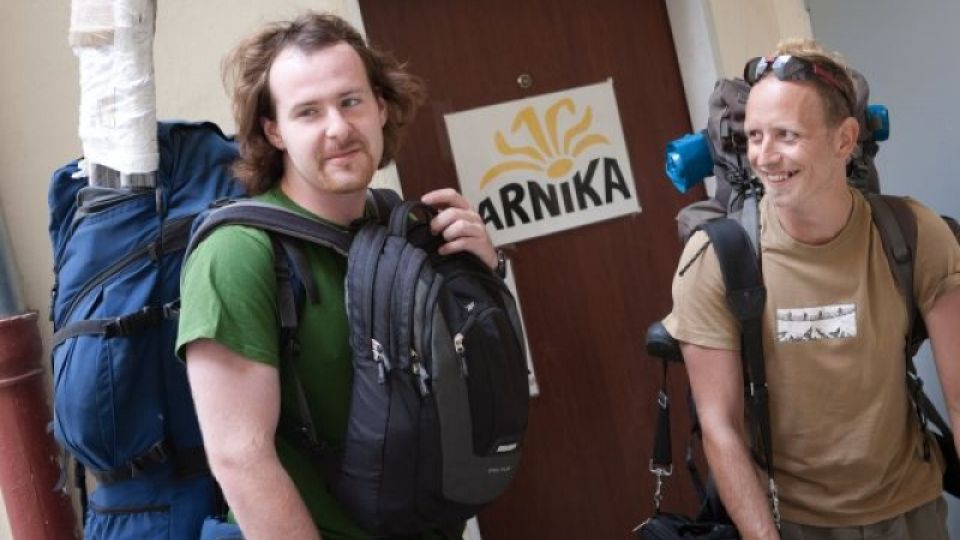After successful projects of help to contaminated areas in the Czech Republic, and mapping of pesticide storages in Armenia, experts from the Arnika Association and the Institute of Chemical Technology will study polluted areas in Kazakhstan. Together with local non-governmental organisations, they will take samples of soil, water, and air, in industrially polluted areas, and, subsequently, analyse them for contamination by polychlorinated biphenyls, dioxins, and heavy metals. The result of the work, that will take several years, will be not only a detailed overview of substances endangering local inhabitants and nature, but also a proposal how to reduce the pollution. Human health is endangered, among other things, by dioxins in camel milk, which is a common and popular foodstuff in the area, and toxic substances in fish from a polluted river.
„The Kazakhstan area around the cities of Karaganda and Temirtau is a well-known industrial heart of the former Soviet Union, and it could be compared to the Ostrava region, in combination with the Ústí nad Labem region, in the Czech Republic. The biggest steel plant of the ArcelorMittal concern is located here, as well as many other plants of heavy, metallurgical, and chemical industry, and, moreover, remains of soviet military facilities. Their emissions into the air, water, and, subsequently, soil, contaminate the environment very seriously, and have an adverse impact on health of local inhabitants. In order to enable improvement of the situation, it is necessary to examine in detail, what substances are found in the area, where exactly, and in which concentrations," says Jindřich Petrlík, the head of the Toxics and Waste Programme of the Arnika Association.
Several illustrative photographs form an annex to the Press Release.
Together with Marek Šír from a specialised Czech university, the team will visit two large areas - the Karaganda and Pavlodar regions, where it will take samples of soil, and water, respectively. In several places, also air pollutants will be collected in special filters for several months. The team will study the vicinity of the metallurgical plant ArcelorMittal in the city of Temirtau, having almost 200 000 inhabitants, contamination of the river Nura, near which a chemical plant is located, closed down nowadays already, similar to infamous old facilities of the Czech company Spolana, and the vicinity of the lake Balkhash.
The team members from the Arnika Association are Jindřich Petrlík, Martin Skalský, Jan Nezhyba, and Matěj Man, and, later, the team will be joined by Viktorie Lupačová.
The Arnika Association has a number of experiences with sampling in contaminated areas, for subsequent analyses by certified laboratories. In the Czech Republic, there are known, for example, a „happy-end story" of farm buildings in Klatovy-Luby that had been contaminated by pesticides, and the case of a damaged landfill in Pozďátky from which sulphuric acid and heavy metals had been released for years. In the past, the NGO Arnika cooperated also with local organisations in Armenia, where it helped, among other things, to start sustainable agriculture projects. A similar projects has taken place also in Belarus.







